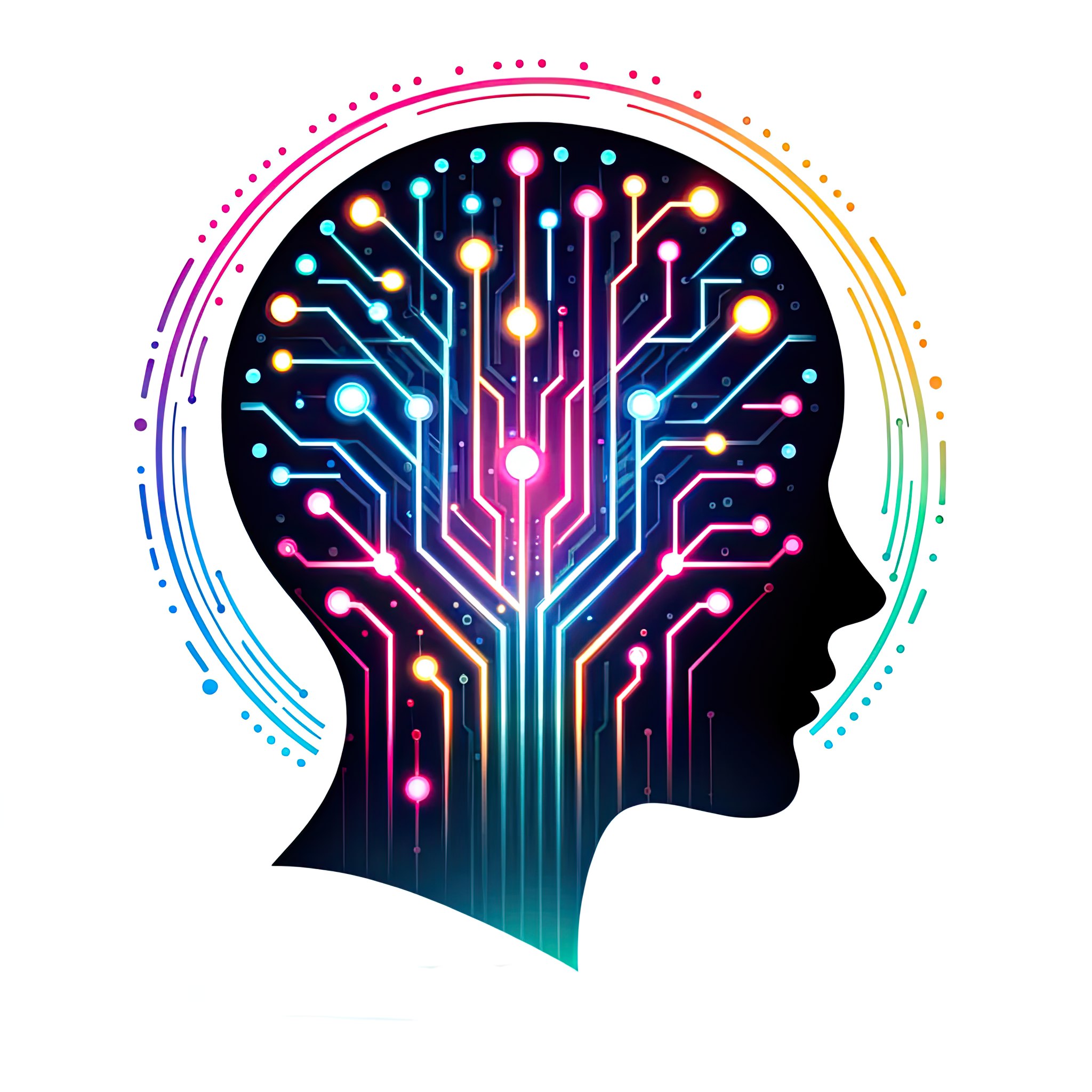The synthesis of quantum physics and generative artificial intelligence stands at the frontier of scientific innovation, forging a compelling narrative that challenges our understanding of both the cosmos and computational intelligence. This convergence is not merely a juxtaposition of two advanced fields but a profound integration that promises to redefine what is possible in science and technology.
Quantum physics, with its principles that defy classical logic, introduces a universe where particles exist in states of potential until observed. This fundamental randomness, a cornerstone of quantum mechanics, mirrors the unpredictability inherent in generative AI outputs. Despite the deterministic algorithms that govern them, generative AI models incorporate stochastic processes, yielding a myriad of potential outcomes from identical inputs. This reflection of quantum mechanics’ probabilistic nature underlines a shared conceptual framework between the two realms.
Generative AI’s ability to replicate and innovate upon the complexity of the real world, producing everything from realistic images to simulated environments, is driven by its analysis of vast datasets. Yet, akin to the quantum world, the outcomes of these models are veiled in unpredictability. This intrinsic unpredictability, inspired by the probabilistic bedrock of quantum mechanics, suggests a deep-seated connection between quantum physics and generative AI, underscored by the shared challenges and potentials in navigating the realms of uncertainty and potentiality.
This dialogue between quantum physics and generative AI further deepens when considering the Schrödinger’s cat thought experiment and the “black box” nature of AI. The paradox of Schrödinger’s cat, alive and dead simultaneously until observed, resonates with the operation of generative AI models. These models, in their complexity and opacity, act as “black boxes” where the processes transforming input to output are not fully transparent. This analogy highlights the mysterious nature of both quantum systems and advanced AI algorithms, where outcomes are not predetermined but are probabilistic, contingent on observation and interaction.
The advent of quantum computing offers a tangible bridge between the quantum and artificial realms, heralding a new era of computational power that far surpasses classical capabilities. By harnessing the principles of superposition and entanglement, quantum computers promise to exponentially enhance the processing and analysis of large datasets, empowering generative AI to explore new algorithmic territories and complex data landscapes with unprecedented efficiency. This synergy not only accelerates the capabilities of AI but also provides a novel perspective on probabilistic computation within a quantum framework.
However, the integration of quantum computing with generative AI is not without its challenges. Issues such as error correction, interference management, and the difficulty of output observation must be navigated to fully leverage the transformative potential of quantum computing in AI applications. Despite these hurdles, the promise of quantum-enhanced generative AI models is immense, with the potential to revolutionize fields ranging from drug discovery to financial modeling, offering sophisticated solutions to complex problems that elude classical computational methods.
Recent advancements, such as the development of physics-inspired generative models like the Poisson Flow Generative Model (PFGM++) by MIT researchers, underscore the innovative approaches at the intersection of quantum physics and AI. These models, which leverage principles from electrostatics to generate complex patterns and images efficiently, exemplify the potential of integrating physical theories with machine learning techniques, highlighting a path forward where quantum principles and artificial intelligence converge to unlock new dimensions of creativity and problem-solving.
The exploration of the quantum-AI nexus is a burgeoning field that promises not only to push the boundaries of computational methodologies but also to offer profound insights into the fabric of reality itself. As research and development in this interdisciplinary area continue to advance, the potential for groundbreaking innovations in technology and science beckons, heralding an era of unprecedented exploration inspired by the mysteries of quantum physics and the ingenuity of artificial intelligence.
All images and all text in this blog were created by artificial intelligences

